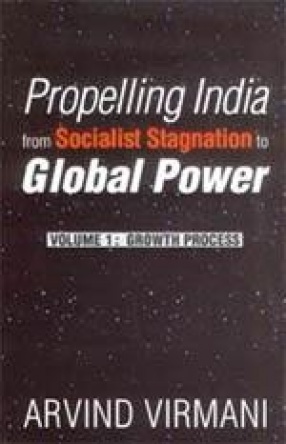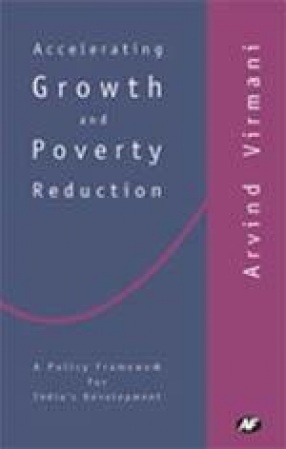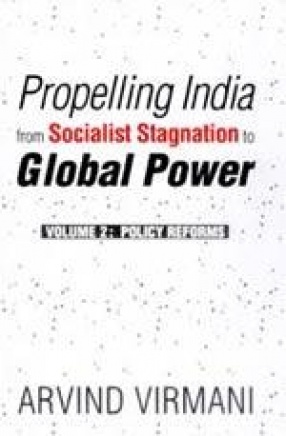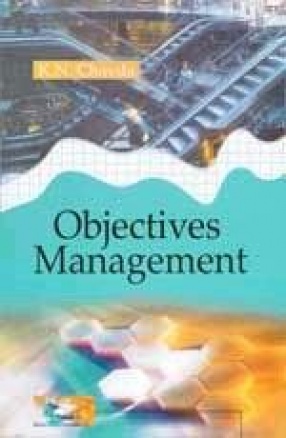Together, the two volumes review the economic history of India from Independence to the current period and then go an to make forecasts about the future of the Indian economy and its role in the World. The objective is not criticism for the sake of it. Throughout the focus is on policy and institutional reforms to solve identified policy mistakes and problems. Volume 1 (the present volume) shows that there have been two phases in India’s economic history. The period of socialist stagnation, till the end of the seventies, in which India’s growth rate was among the lowest in the World and poverty increased despite professions of socialism. The second period of market reform starting in 1980s vaulted us to the top of the growth sweepstakes and led a sharp and continuing decline in poverty. The book shows how India is poised to become a global power in the next 15 to 20 years, and why India is likely to become, over the next 30 years, the third pole in the emerging tripolar world of the 21st century. Volume 2 (the companion volume) focuses on the wider and deeper economic reforms initiated in the 1990s. it outlines the reforms, analyses their effect and draws lessons for the future. Among the areas covered are governance problems and institutional reforms, the BoP crisis, FDI, indirect tax and tariff reform, food policy and savings and monetary policy.
ABOUT THE AUTHOR Arvind Virmani
Arvind Virmani, b. June 22, 1949, is Ph.D. in Economics from Harvard University, USA (1975). His thesis supervisor was Nobel Laureate Prof. Kenneth Arrow. Dr. Virmani is currently Principal Advisor, Planning Commission, Government of India. he also serves as Chairman, Board of Trustees of SBI Mutual Fund, Member of the Board of Life Insurance Corporation of India and Member, Telecom Regulatory Authority of India (TRAI). He is a Member of the Task Force on "Global Strategic Developments: implications and Suggested Response" set up by National Security Council Secretariat. He is a Member of the Technical Advisory Committee (TAC) on Money, Foreign Exchange and Government Securities Markets, Reserve Bank of India, February 2004. he was Director and Chief Executive, Indian Council for Research on International Economic Relations (ICRIER), New Delhi. He has served as Senior Economic Advisor in the Department of Economic Affairs, Ministry of Finance. He was advisor (Policy Planning) to Finance Minister in 1991-92 and 1992-93. Before joining the government he was Senior Economist at the World Bank and was acting chief of the Public Economics Division for a part of this tenure. He chaired the Working Group on Public Debt Management (middle office) and Inter-Ministerial Group on Customs Duty Reform and was Member-Secretary of the Steering Group on Foreign Investment. He was a Member of the Joint Study Group on India-China trade and economic cooperation. he served as Member of the Appellate Tribunal for the Securities and Exchange Board of India (SEBI) and the Depositories Act He has served as Director, Punjab National Bank and Allahabad Bank, and Trustee, Unit Trust of India. Dr. Virmani was Member of the RBI Technical Advisory Group on Money and Government Security Markets, the Steering Group on International Financial Standards and Codes and the UTI committee on reform and stabilisation of the US-64 scheme. He has researched on Macroeconomics and Growth, International Trade and Tariffs and Credit Markets. He has advised and written extensively on all aspects of economic reforms including the book, Acclerating Growth and Poverty Reduction: A Policy Framework for India's Development (Academic Foundation, 2004).








There are no reviews yet.